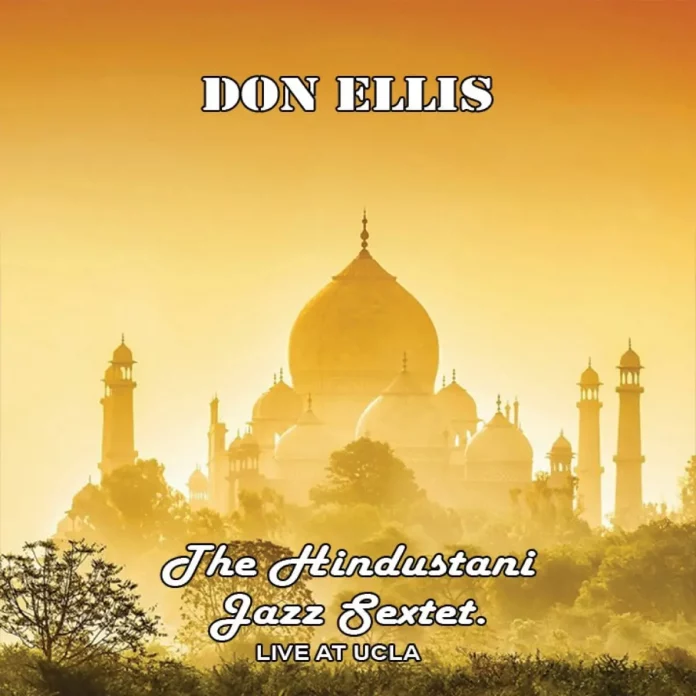Master of the eccentric metre, trumpeter and composer Don Ellis claimed his Hindustani Jazz Sextet was the first group to mix Western and Indian music. But The Beatles’ sitar-augmented Norwegian Wood from 1965 was arguably the first example of this mélange. In jazz however, it’s debatable as to whether Joe Harriott and John Meyer were first past the post with their Indo-Jazz Suite (Columbia, 1966).
What is certain is that the zeitgeist of the 1960s was manifesting itself by the middle of that decade. For Ellis though, what is significant is the fact that this hybrid music formed the foundation for his future excursions into the eye-watering time signatures for which he subsequently became so renowned.
The Hindustani Sextet was formed after Ellis began a graduate course in ethnomusicology at UCLA, studying under Indian musician Harihar Rao. Already a seasoned and recorded musician, Ellis was always experimenting and his Hindustani Sextet included his mentor Rao on sitar and tabla. So it’s gratifying that these tracks, licensed from UCLA’s Don Ellis archive and in cooperation with Ellis’s son Brav, are now available to hear more widely.
The live performances actually offer more than just a concert. The introductions to three of the pieces don’t stint on detail. Demonstration In 19 affords a masterclass in percussive timing by Rao. Ellis can’t resist wryly identifying Sweet Nineteen with the quip “This is a traditional 19.” Rao’s four-minute exposition on the underlying polyrhythms of the composition are almost as staggering as the piece itself.
Emil Richards’ intro to his tune Bombay Bossa Nova is hilarious, the vibist disclosing that the number is written in “ten and a half four”. Crucially, the audience is hip to these in-jokes. This album is important as it’s the actual “lost” precursor to Ellis’s iconoclastic recordings such as Electric Bath (Columbia, 1967) and Shock Treatment (Columbia, 1968) and is highly recommended.
Discography
(1) Night In Tunisia; Bombay Bossa Nova Intro; Bombay Bossa Nova; Demonstration In 19; Sweet Nineteen; Blues For Hari; Turks Work Intro; Turks Work; (2) bonus tracks: Mount Olive Intro; Mount Olive (76.20)
Ellis (t); Gabe Baltazar (as, f); Emil Richards (vib); Dave MacKay (p, tamboura); Chuck Domanico (b); Steve Bohannon (d); Harihar Rao (sit, dholak, tab). (1) Los Angeles, 24 March 1966. (2) Hollywood, no date.
Sleepy Night Records















